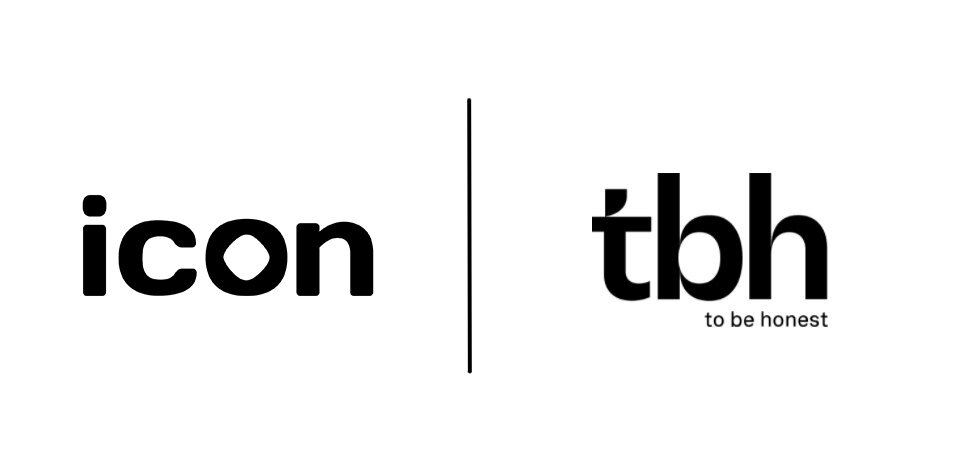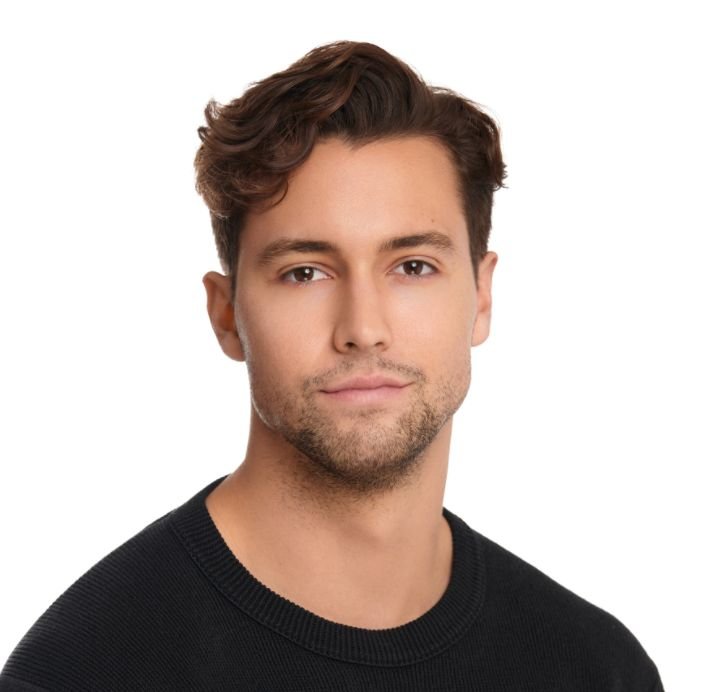Elena Guberman is the CEO of TBH, the snacking company dedicated to radical transparency from start to finish and better-for-you, better-for-the-planet product. TBH was founded by actor Noah Schnapp, in partnership with Umana Venture Studio (UVS).
Prior to TBH, Elena led operations for F&B startups for a decade, as a managing partner at Rodeo CPG, and co-founded Rubbish, a data-driven app that evaluated litter trends (the other side of CPG).
She sat down with us to dive into the ethos and development behind TBH. We cover:
- How a celebrity-founded brand is built
- Leveraging social media communities
- What defines a brand as Gen Z”
“Of every generation, Gen Z is voting with their dollar and putting money toward brands who’ve earned their trust. We want to establish ourselves as that honest and conscientious brand.”
Celebrity-Founded Brand Meets High-Value Product
TBH was the first project to launch out of UVS, a studio working with celebrities and athletes to generate large-scale impact through purpose-driven brands.
With TBH, UVS took an authentic approach and strove to identify Noah’s passions and value system to work together to create an aligned product — and wound up 16 months later with the concept of an environmentally friendlier, healthier vegan form of Nutella, the actor’s favorite breakfast food.
Thereafter, they quickly realized what the concept at hand could become: a Gen Z-powered brand with a social mission, as well as the genuine taste and nutrition profile that would make TBH appetizing to snack lovers of any age demo.
The Typical Trials of R&D
Given the association with Hollywood of the brand’s origins, Elena took care to demonstrate that TBH underwent a rigorous R&D process, similar to that of any F&B brand.
After all, a food product on shelves must first and foremost be delicious. That was important to both Noah and to Elena and necessary for the growth of the brand.
Elena worked with the manufacturer to experiment with the formulation of the product, and after 13 iterations, landed on a formula that Noah loved and would eventually launch as TBH’s flagship product.
The primary draws of their spread include the fact that it’s palm oil-free and has hazelnuts as their first ingredient, unlike leading market competitors which are greatest in sugar content and contribute to deforestation through the use of palm oil.
As such, the final formulations of TBH were, in Elena’s words, merely marginal tweaks in terms of protein and sugar percentages in order to hone in on the most delicious hazelnut cocoa spread possible, while also maintaining solid macros for the product.
“We knew our vegan version of Nutella had to be equally, if not far more delicious, to succeed in the market. Noah and I tasted every single formulation, committed to finding the perfect texture and taste.”
Leveraging Digital Communities & Influencers
Amid filming, high school graduation, and being accepted to Penn State - Wharton School, Noah has remained enmeshed in TBH product development and brand building, with UVS ensuring his authentic voice and opinions are preserved as the company scales.
By doing so, the honest traces of Noah found in the TBH ethos have lent themselves to leveraging a separate component of his work: his community of fans who’ve carried over to TBH and are excited to amplify his projects, mainly through social media.
A large element of TBH’s success in distribution as a DTC brand has been celebrity and influencer marketing, with efforts in the area including:
- A campaign of pre-launch teasers for Noah to publish on his personal profile
- Sharing press kits with Noah’s close network, who also have large audiences
- Sending products to chefs and recipe creators to create video content
Conversely, TBH’s community of users and buyers (not influencers) has also driven a great deal of ideation for the broader vision and capabilities of the brand. And this will likely only grow as the team continues targeting diverse customer profiles.
“Many brands struggle with good exposure during launch. We were lucky to have Noah at the helm. Everyone he shares TBH with is excited because Noah is excited. It is a holistic opportunity for everyone to get amped about the same cause.”
So What Makes a Brand Gen Z?
Right away, one can point to the founder of TBH being born in 2004, and the socially relevant mission behind the product, which wouldn’t feel out of place in an Instagram infographic.
Social Media Presence
In that vein, it only makes sense that the most strikingly Gen Z aspect of TBH is its proactive social media presence, driven by Noah’s pre-existing audiences and what Elena describes as intentional branding and marketing for Instagram, TikTok, Snapchat, and so on. It’s clearly paid off.
- TBH has garnered roughly 85,000 Instagram followers and counting in the two or so months since launching.
- The brand boasts 36,000 TikTok followers after just one video upload.
In Elena’s words, these dozens of thousands seem to simply be waiting for the next post. She also revealed that active TikTok engagement will be starting up in the coming months.
And from these thousands of followers, TBH has enabled a self-generating community through dozens of fan accounts for the brand, plus loads of UGC — including fan art, product shots, and homemade recipes — which will be leveraged to continue compounding brand reach.
A Brand to Believe In
Furthermore, as Elena puts it, Gen Z votes with their dollar, by putting their money behind purchases and brands they can trust — an element that’s very much influenced decision making in the TBH board room.
For instance, the video content they’re planning isn’t simply about TBH, but rather the broader social context that fans resonate with and which inspired Noah and UVS from day one. The commitment to honesty and the planet are pillars.
While young folks with sizable followings and communities are pondering how to utilize their platforms to uplift and educate their peers, how can TBH, a company helmed by and geared toward Gen Z, leverage its user base to teach about palm oil products, deforestation, and more?









